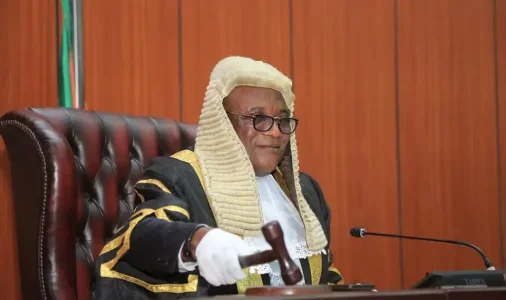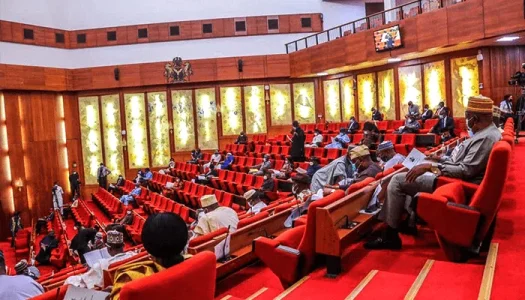
In an announcement that holds significant promise for Nigeria's economic landscape, the Minister of Finance and Coordinating Minister for the Economy, Wale Edun, has revealed that the country is poised to receive a substantial forex inflow of $10 billion in the near future. He made this statement during a panel session at the ongoing Nigeria Economic Summit (NES) in Abuja.
Over the past four months, Nigeria has grappled with a depreciation of the Naira, experiencing over a 50 percent decline in both authorized and unauthorized forex market segments. This decline was exacerbated when the Central Bank of Nigeria (CBN) consolidated all forex windows into the Investors and Exporters (I&E) window in June, with the intention of enhancing market liquidity, stability, and attracting foreign investors to the nation's economy.
Mr. Edun shared insights on the factors contributing to this anticipated forex inflow, including increased production, reduced expenditure, forward sales transactions, and discussions with sovereign wealth funds keen on investing in Nigeria.
Additionally, he mentioned that President Tinubu signed executive orders designed to facilitate the inflow of cash into the formal money supply, thereby alleviating liquidity issues in the forex market. These measures aim to address the challenges of a malfunctioning forex market due to insufficient supply.
The Minister's announcement comes at a critical juncture, as Nigeria has been grappling with the Naira's devaluation, impacting domestic prices and manufacturers. The promised forex inflow has the potential to provide much-needed stability and boost the nation's economic prospects.
It is important to note that, recently, the Naira experienced a sharp depreciation against the US Dollar, with an official market rate of N848.12 per dollar, indicating an 8.9 percent depreciation from the previous session. This change is attributed to a significant increase in foreign exchange supply within the market segment.
As Nigeria awaits the promised forex inflows, the government's efforts to revitalize the economy and stabilize the Naira are under close scrutiny. The outcome of these developments will significantly impact the country's financial landscape and its potential for recovery




